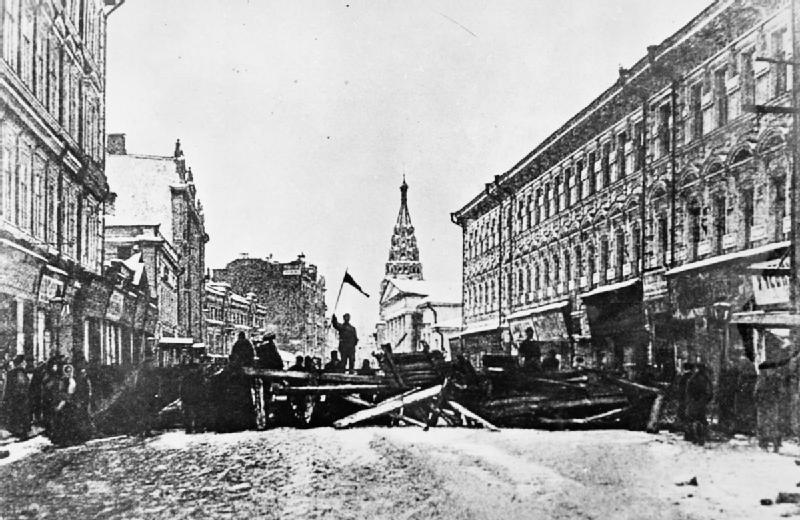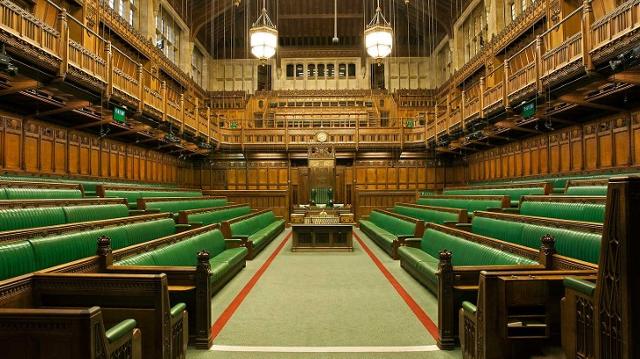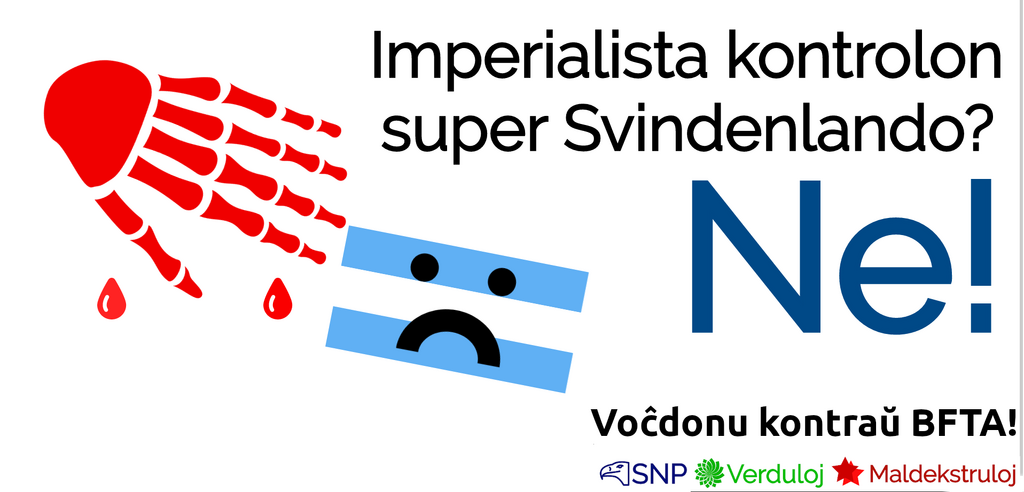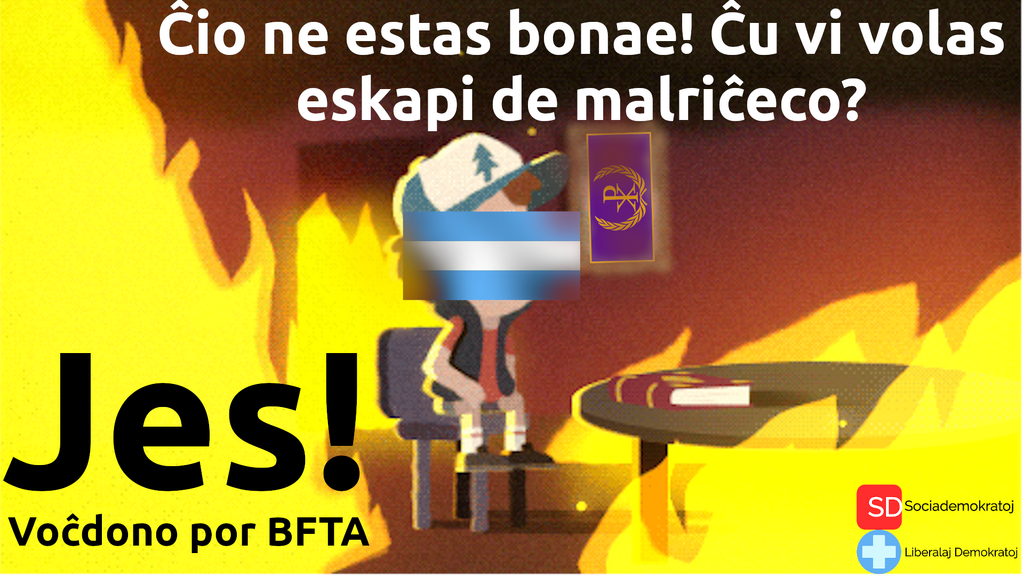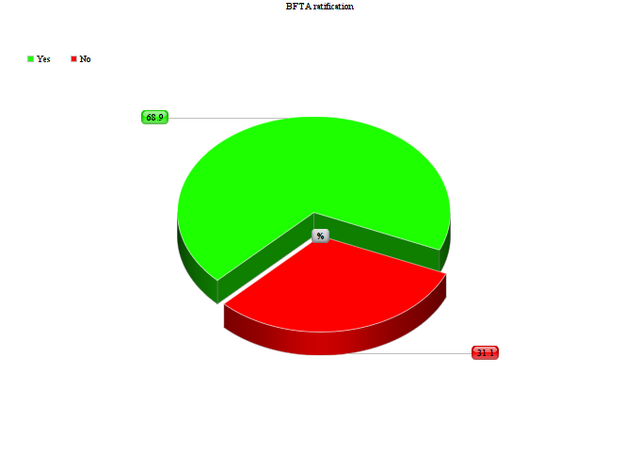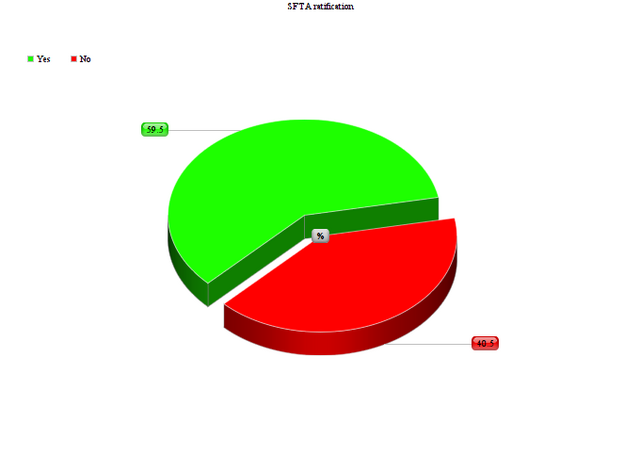
GOVERNMENT CONTINUES GLOBAL OUTREACH PROGRAMS
by Prakash Patel in PataliputraFebruary 29, 2001

Secretary of State Rahul Khanna at a press conference, praising the passage of the Equestrian Defense Act and the Shatruta Cessation and Epiphene Trade Act.
Earlier today, Congress passed two separate acts pertaining to foreign relations with the Equestrian Commonwealth as well as the now-renascent Epiphanes; namely the Equestrian Defense Act and the Shatruta Cessation and Epiphene Trade Act. Each Act passed along similar margins as the North Vaasa Aid Act, which they greatly resemble. However, each Act deals with starkly different situations, and came about for different reasons.
The Equestrian Commonwealth, a developed nation located in north-central Craviter, has, in recent years, become a strong ally of the Empire, having stood by the Empire consistently during the tenure of the failed Phoenix Union, as well as cooperating with it to mitigate the potential military dangers of Island 35. The Equestrian Defense Act formalizes this, declaring the EC and the Empire to be "international partners and diplomatic allies". This new formal alliance has been specified, by its parties and within the Act, to be a pact of both mutual defense and trade, as well as cooperation regarding the development of next-generation technology and platforms for military use.
The Epiphanes, however, is a vastly different case. Having finally exited their brutal civil war just last year, the Epiphanes has embarked on a truly unprecedented campaign of foreign outreach for the purposes of rehabilitating a devastated country. The Epiphanes was founded roughly around the same time as the Empire was, and they both were, during the ancient era, the two prominent Craviterean powers. The long and storied relationship between the Empire and the Epiphanes has been dominated by a geopolitical paradigm known as the Shatruta, which, in Mercanti, can translate to "Rivalry" or "Enmity". This rivalry was especially potent during the ancient and medieval eras, when the two states engaged in proxy conflicts, trade wars, and the occasional skirmish.
However, as time marched on, the Shatruta began to dissipate, becoming more of a tradition than actual hatred. The Empire became more cosmopolitan, adapted, and grew outward whilst the Epiphanes stubbornly maintained its old ways and its warped view of the world's political and cultural realities. The Epiphanes shut itself off from the world more and more, and as the modern world dawned, after the death of the most recent Caesar, civil war ignited in the country between the loyalist forces of Caesar's children and theocratic populist rebels led by unscrupulous priest Antonius Mikanos.
Following the civil war, the Epiphanes, almost certainly out of necessity, has finally begun to show signs of catching up to the rest of the world, working with many states and supranational organizations such as the Iterian League. One such state was the Empire itself, after the Epiphanes gave it the historic designation of 'nation status' within its own antiquated and mostly ideological diplomatic classification system. At first glance this designation may not have seemed like much, and may have even seemed like an insult, but the designation was, in fact, a monumental step for relations between the two states.
"At long last, we can confidently say that the era of the Shatruta is over." stated Secretary of State Rahul Khanna in a press conference earlier today. "We have closed the books on centuries of needless toxicity and traditionalized, institutionalized hostility. The Epiphenes have finally seen the truth, and we're looking forward to helping welcome them into the world at the dawn of this new era in Imperial-Epiphene relations." Indeed, the extent of the newly-inaugurated cooperation between the Empire and the Epiphanes is extensive and covers numerous departments.
Empire-based technology companies including Alef, Yamala, and Karnataka will be initiating business in the Epiphanes, and helping to restore and upgrade their telecommunications infrastructure. The SVS will be investing in the Epiphanes, as will private property developers. Empire-based renewable energy companies including Horizon will be initiating business in the Epiphanes. Imperial military advisors will be present in numerous Epiphene provinces, and the Epiphanes has been added to the ATSCA list; allowing for the Empire to supply emergency response assistance and humanitarian utilities and aid at heightened levels. Finally, some of the Empire's proxeny - high ranking Epiphene citizens who work with the Imperial embassy to advocate on the Empire's behalf - will be Imperial-educated economists. In general, the Empire will be providing the Epiphanes with economic advice.
Foreign policy pundits have credited the double Acts, alongside the North Vaasa Aid Act, as a string of victories for the SJP's famous - or infamous, depending on one's political affiliation - White Bridge Policy. It still remains to be seen what the actual effects of these Acts will be, however, the general consensus at the moment is that their future is a bright one.
Translation by Vijay Dongre
February 29, 2001
Last edited:







































